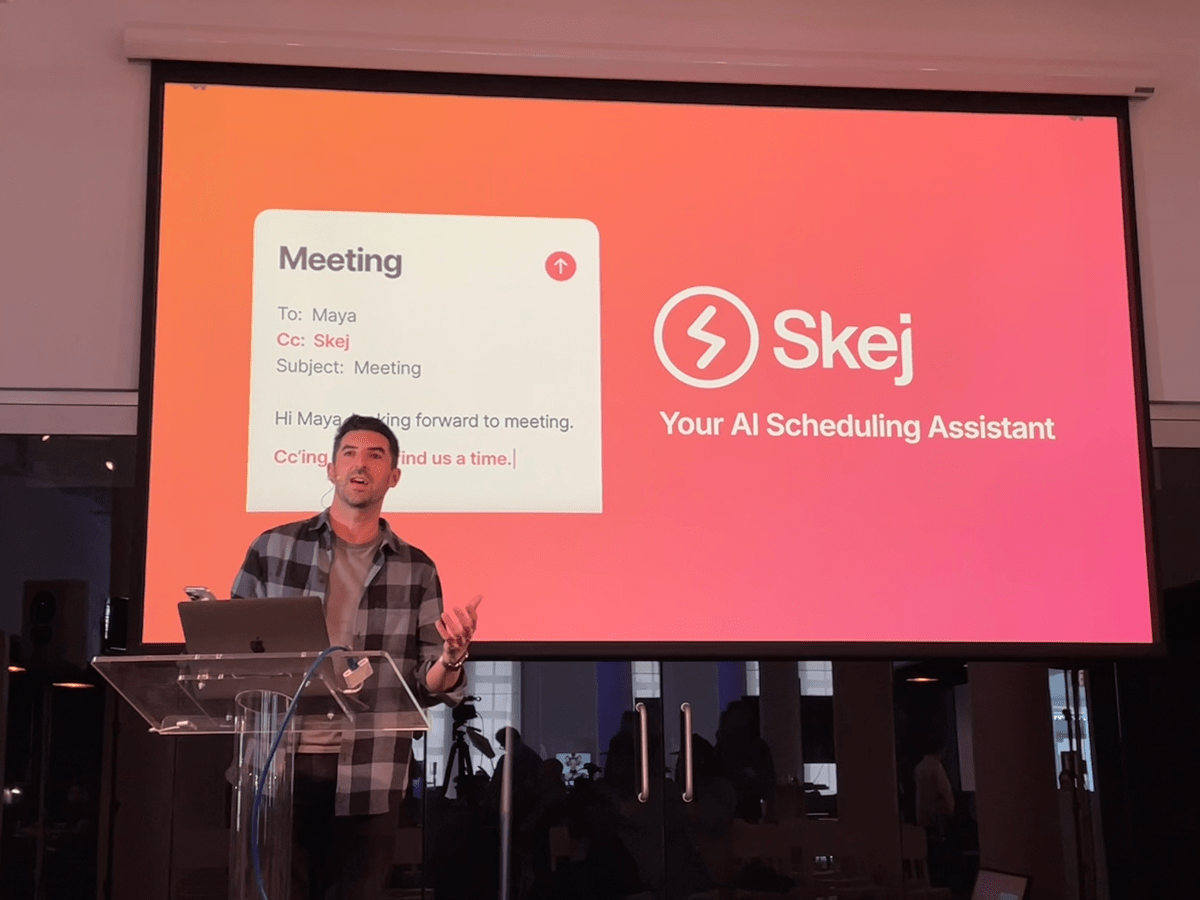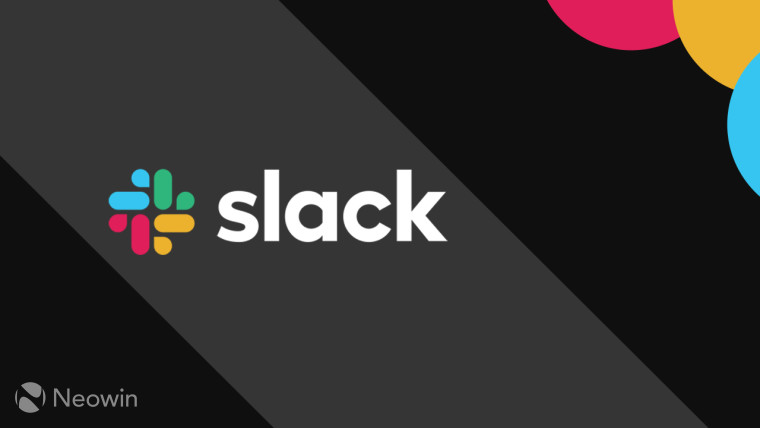Meta AI Chief Yann LeCun Challenges AI Chatbot Intelligence
Meta’s AI chief Yann LeCun recently made headlines by stating that AI chatbots like ChatGPT will never be able to achieve human-level intelligence. LeCun argues that Large Language Models (LLMs) do not possess the understanding and reasoning capabilities necessary to reach human-like intelligence. This controversial statement comes at a time when major tech companies are heavily investing in AI development, with the goal of eventually achieving Artificial General Intelligence (AGI) — an AI model that matches or exceeds human intelligence.
LeCun’s criticism of current LLMs stems from the vast amounts of training data required for these models to perform at a basic level. He points out that animals and humans can quickly become intelligent with minimal training data, whereas current AI systems require an exorbitant amount of data to achieve similar levels of intelligence. LeCun warns that relying on existing LLMs for human-level intelligence is not only ineffective but also poses significant safety risks.
In a world where AI is increasingly integrated into various aspects of society, LeCun’s perspective challenges the notion that AI can one day surpass human intelligence. As debates around the impact of AI on job markets and society continue to unfold, LeCun’s insights shed light on the limitations of current AI technologies and the need for further advancements in the field.
The Limits of AI: Yann LeCun’s Critique of Current Models
Yann LeCun’s recent comments on AI chatbots and Large Language Models (LLMs) have sparked a conversation about the limitations of current AI technologies. LeCun argues that existing LLMs, such as ChatGPT, lack the understanding and reasoning capabilities necessary to achieve human-like intelligence. He highlights the significant disparity in the amount of training data required for AI systems compared to animals and humans, raising concerns about the efficacy and safety of current AI models.
According to LeCun, companies should not rely on current LLMs to reach human-level intelligence, as these models are fundamentally flawed in their approach to learning and problem-solving. He emphasizes the need for AI technologies to evolve beyond their current limitations and develop more sophisticated reasoning abilities to match the cognitive capabilities of humans and animals.
As debates around the future of AI and its implications for society continue to evolve, LeCun’s critique offers valuable insights into the challenges and opportunities facing the field of artificial intelligence. By questioning the status quo and pushing for advancements in AI research, LeCun’s perspective challenges the industry to strive for greater innovation and ethical considerations in the development of AI technologies.
Elon Musk’s Job Market Prediction and Yann LeCun’s AI Safety Concerns
At a recent tech event in Paris, Tesla CEO Elon Musk raised concerns about the impact of AI on the job market, predicting that AI advancements could eventually eliminate all jobs. In contrast, Meta’s AI chief Yann LeCun has voiced skepticism about the current state of AI technologies, particularly in relation to AI chatbots and Large Language Models (LLMs).
LeCun argues that today’s AI models, including ChatGPT, are unable to match the intelligence and reasoning capabilities of humans and animals. He warns that the reliance on current LLMs for human-level intelligence poses significant safety risks and underscores the need for AI technologies to evolve beyond their current limitations.
As the debate around AI’s impact on society and the workforce intensifies, Musk’s predictions and LeCun’s critiques offer contrasting perspectives on the future of AI technology. While Musk raises concerns about job displacement, LeCun’s focus on the safety and efficacy of AI models highlights the importance of ethical considerations and responsible development practices in the field of artificial intelligence.












